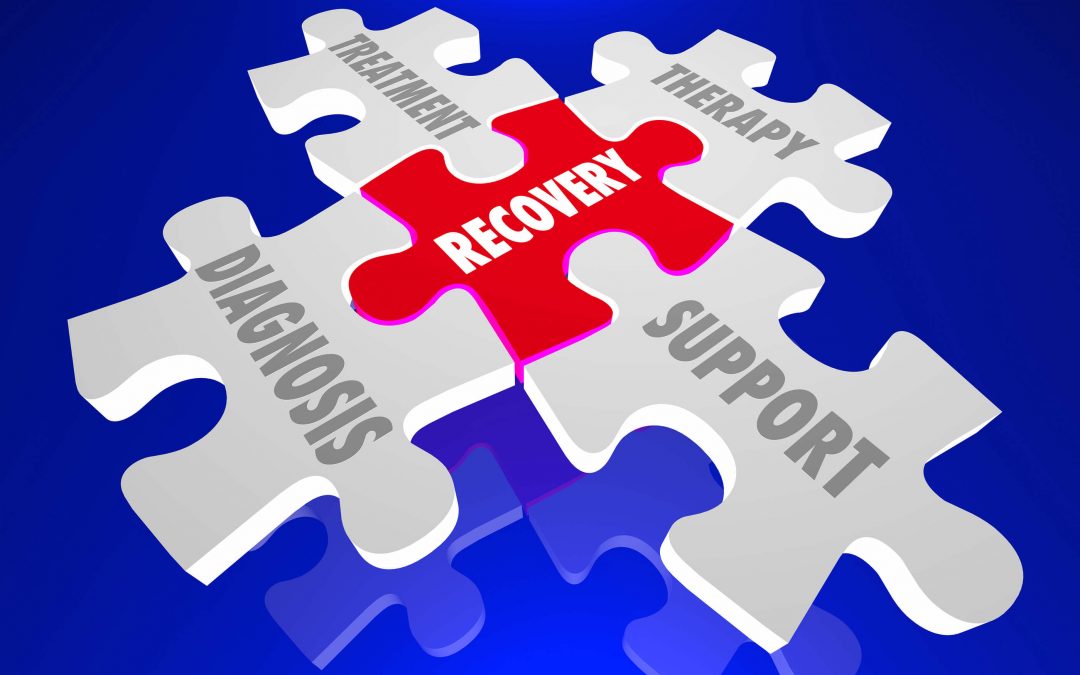
by Kevin Dawkins | Apr 21, 2019
In the past 30 years, several treatments have helped people with BPD “turn the corner” so to speak by reducing the impact of the disorder to a meaningful degree. But where do they hope to find themselves? Cured? Recovered? In remission?. And what do those words mean? Unfortunately, there doesn’t seem to be a definitive answer.

by Kevin Dawkins | Mar 17, 2019
In a sobering essay in a recent New York Times, staff writer David Brooks lays out a strategy for helping prevent the ever-increasing number of suicides in the United States.

by BPD News | Mar 10, 2019
In addition to psychotherapy, medication and hospitalization another effective tool in the treatment of serious mental illness is peer support.

by BPD News | Feb 3, 2019
In addition to therapy, medication and hospitalization this research study on peer support shows that sharing “lived” experience with others is a powerful and highly effective tool in the mental health arsenal.

by BPD News | Jan 20, 2019
People who have Borderline Personality Disorder experience extremely strong emotional reactions. In fact, emotional dysregulation is one of the primary diagnostic descriptions for BPD. Marsha Linehan, PhD, the developer of Dialectical Behavior Therapy (DBT), the most prevalent treatment available for people struggling with BPD, believes that among all emotions people with BPD struggle with, shame is the most powerful and difficult to deal with.

by BPD News | Jan 13, 2019
How does KonMari relate to Borderline Personality Disorder? Well, it brought to mind something that is a key element in the BPD treatment Dialectical Behavior Therapy developed by Dr. Marsha Linehan. She calls it Radical Acceptance








